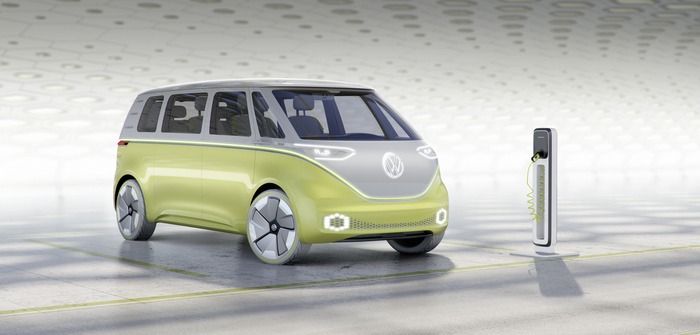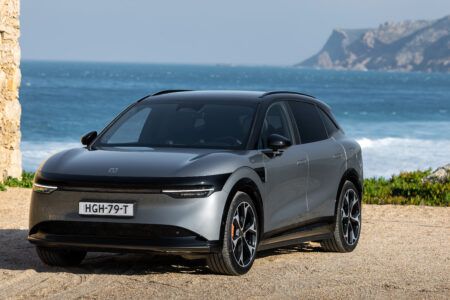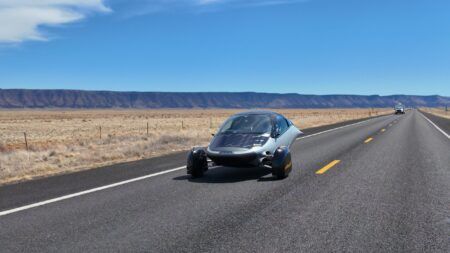The Volkswagen Group has announced it plans to have 16 locations around the world for the production of battery-powered vehicles by the end of 2022, and that future partnerships with battery manufacturers have been agreed for Europe and China, as part of its Roadmap E strategy.
“Over the last few months, we have pulled out all the stops to implement Roadmap E with the necessary speed and determination,” said Volkswagen CEO Matthias Müller at the Group’s Annual Media Conference in Berlin, Germany, on March 13.
With the launch of Roadmap E last autumn, Volkswagen announced plans to build up to three million electric vehicles annually by 2025 and market 80 new electric Group models. This year, another nine new vehicles, three purely electric-powered, will be added to the Group’s electric portfolio of eight e-cars and plug-in hybrids.
Volkswagen currently produces electric vehicles at three locations, and in two years’ time a further nine Group plants are scheduled to be equipped for this purpose. To ensure adequate battery capacity for the massive expansion of environmentally friendly electric mobility, partnerships with battery manufacturers for Europe and China have already been agreed with a total volume of approximately €20bn (US$24.7bn). The group anticipates taking a supplier decision for North America soon.
The Group also presented a number of innovations last week at the Geneva International Motor Show in Switzerland, among them the Audi E-Tron, the Porsche Mission E and the ID Vizzion, another member of the Volkswagen ID family. Mueller has also emphasized though that the Group’s emphasis on EVs does not mean that Volkswagen is turning its back on conventional drive systems.
“We are making massive investments in the mobility of tomorrow, but without neglecting current technologies and vehicles that will continue to play an important role for decades to come,” he said. “We are putting almost €20bn (US$24.7bn) into our conventional vehicle and drive portfolio in 2018, with a total of more than €90bn (US$111.2bn) scheduled over the next five years.”





